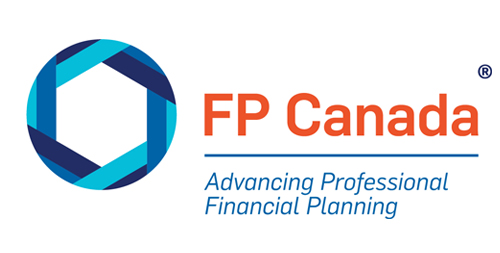TFSA Attributes
KNOWLEDGE EXPECTED OF: QAFP® Professionals
Highest Knowledge Level: Understanding
Knowledge Levels and Associated Verbs
|
Awareness
The state of being aware that something exists / to have familiarity with a particular activity or subject
|
Understanding
To comprehend the general relationship of particulars / to have an expertise with how something works
|
Application
Ability to put information to use / to use knowledge for relevant, practical purposes
|
Evaluation
To judge or conclude by utilizing data / a systematic determination of something’s worth or significance
|
||||||
|---|---|---|---|---|---|---|---|---|---|
|
Define
To state exactly the meaning of
|
Identify
To be aware of / to recognize and correctly name / to locate an appropriate resource
|
Explain
To make clear the meaning of / to describe something in more detail or reveal relevant facts or ideas related to it
|
Determine
To ascertain / to come to a decision, such as by investigation or reasoning
|
Compare
To note the similarities and differences between two or more things
|
Estimate
To determine an approximate value for
|
Calculate
To find the value using mathematics
|
Convert
To change from one form or purpose to another
|
Evaluate
To reach a conclusion or make a through careful study
|
Interpret
To give the meaning of / to construe or understand / to translate orally
|
Hold cursor over or click on each term to read its definition.
- Define a Tax-Free Savings Account.1
- Explain advantages associated with a Tax-Free Savings Account.
- Define the parties to a Tax-Free Savings Account.
- Holder 2
- Designated Beneficiary 3
- Successor Holder 4
- Issuer / Provider 5
- Explain the role of each of the parties to a Tax-Free Savings Account.
- Define the types of Tax-Free Savings Accounts.6
- Deposit
- Annuity Contract
- Trust Arrangement
- Identify the requirements to establish a Tax-Free Savings Account.7
- Identify the importance of making a valid successor holder / beneficiary designation
REFERENCES
KNOWLEDGE EXPECTED OF: CFP® Professionals
Highest Knowledge Level: Understanding
Knowledge Levels and Associated Verbs
|
Awareness
The state of being aware that something exists / to have familiarity with a particular activity or subject
|
Understanding
To comprehend the general relationship of particulars / to have an expertise with how something works
|
Application
Ability to put information to use / to use knowledge for relevant, practical purposes
|
Evaluation
To judge or conclude by utilizing data / a systematic determination of something’s worth or significance
|
||||||
|---|---|---|---|---|---|---|---|---|---|
|
Define
To state exactly the meaning of
|
Identify
To be aware of / to recognize and correctly name / to locate an appropriate resource
|
Explain
To make clear the meaning of / to describe something in more detail or reveal relevant facts or ideas related to it
|
Determine
To ascertain / to come to a decision, such as by investigation or reasoning
|
Compare
To note the similarities and differences between two or more things
|
Estimate
To determine an approximate value for
|
Calculate
To find the value using mathematics
|
Convert
To change from one form or purpose to another
|
Evaluate
To reach a conclusion or make a through careful study
|
Interpret
To give the meaning of / to construe or understand / to translate orally
|
Hold cursor over or click on each term to read its definition.
- Define a Tax-Free Savings Account.1
- Explain advantages associated with a Tax-Free Savings Account.
- Define the parties to a Tax-Free Savings Account.
- Holder 2
- Designated Beneficiary 3
- Successor Holder 4
- Issuer / Provider 5
- Explain the role of each of the parties to a Tax-Free Savings Account.
- Define the types of Tax-Free Savings Accounts.6
- Deposit
- Annuity Contract
- Trust Arrangement
- Identify the requirements to establish a Tax-Free Savings Account.7
- Identify the importance of making a valid successor holder / beneficiary designation
Additional Knowledge Expected of CFP Professionals
- Identify qualified investments as prescribed by the Canada Revenue Agency that may be held in a Tax-Free Savings Account.8
- Identify non-qualified investments as prescribed by the Canada Revenue Agency that may not be held in a Tax-Free Savings Account.9
- Explain the tax that may be imposed by the Canada Revenue Agency when a Tax-Free Savings Account contains a non-qualified investment.10
- Identify prohibited investments as prescribed by the Canada Revenue Agency that may not be held in a Tax-Free Savings Account.11
- Explain the tax that may be imposed by the Canada Revenue Agency when a Tax-Free Savings Account contains a prohibited investment.12



